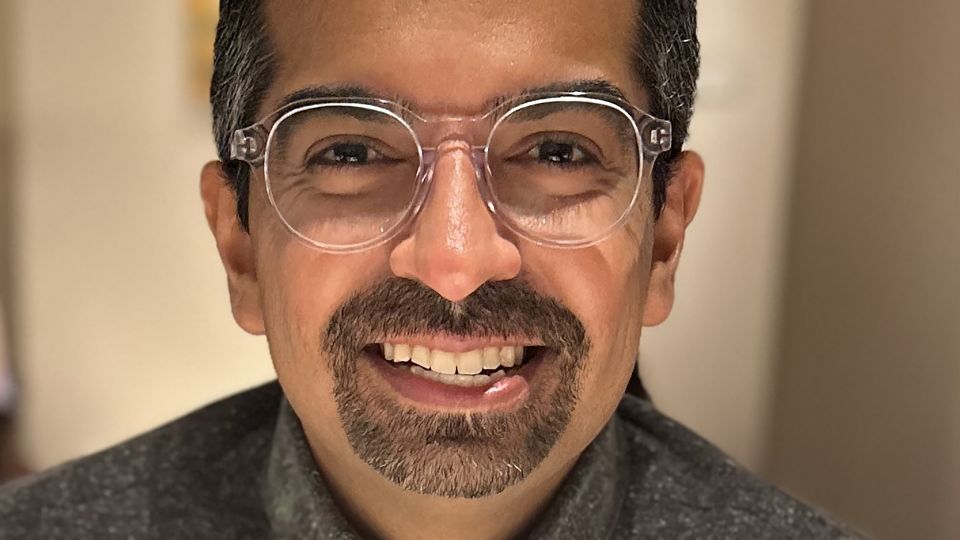The recent cancer diagnosis of Catherine, Princess of Wales, at the age of 42 has highlighted the increasing trend of early-onset cancer globally. This trend challenges the common belief that cancer mainly affects older individuals. Cases of stage IV cancers in younger patients are becoming more common, with statistics showing a significant rise in early-onset cancer incidence and deaths over the past few decades. This increase is particularly noticeable in gastrointestinal cancers, indicating a potential link to lifestyle and environmental factors.
Research suggests that changes in nutrition and lifestyle, such as the consumption of ultraprocessed foods, sugary drinks, and red meat, as well as habits like smoking and physical inactivity, may be contributing to the rise in early-onset cancer. These factors can disrupt metabolic processes and increase inflammation in the body, potentially leading to the development of cancer. Other areas of focus include investigating the impact of changes in the gut microbiome, which plays a crucial role in digestion and immune function, on cancer vulnerability.
While obesity and lifestyle choices may be significant factors in some cases of early-onset cancer, many young patients who are diagnosed with cancer are otherwise healthy and live active lifestyles. This suggests that there may be other underlying factors at play that are not yet fully understood by the scientific community. Early diagnosis of these cancers is crucial, but often these cases are not recognized until they have reached advanced stages, leading to poorer outcomes for young patients.
The unique challenges faced by young cancer patients, such as potential impacts on fertility, cardiovascular health, and cognitive function, highlight the need for specialized care and support tailored to their age group. Treatment for cancer in younger individuals may also have long-term consequences that need to be addressed. Efforts are underway to improve early detection, education for healthcare providers, and revision of screening guidelines to better address the rising incidence of early-onset cancer.
Advances in cancer research and care have improved outcomes for many patients, but the increasing prevalence of cancer in younger age groups highlights the need for continued funding, research initiatives, and public awareness campaigns. The recent public disclosure of Princess Catherine’s cancer diagnosis serves as a poignant reminder of the importance of ongoing efforts to address the challenges posed by early-onset cancer and ensure better outcomes for all cancer patients, regardless of age.


